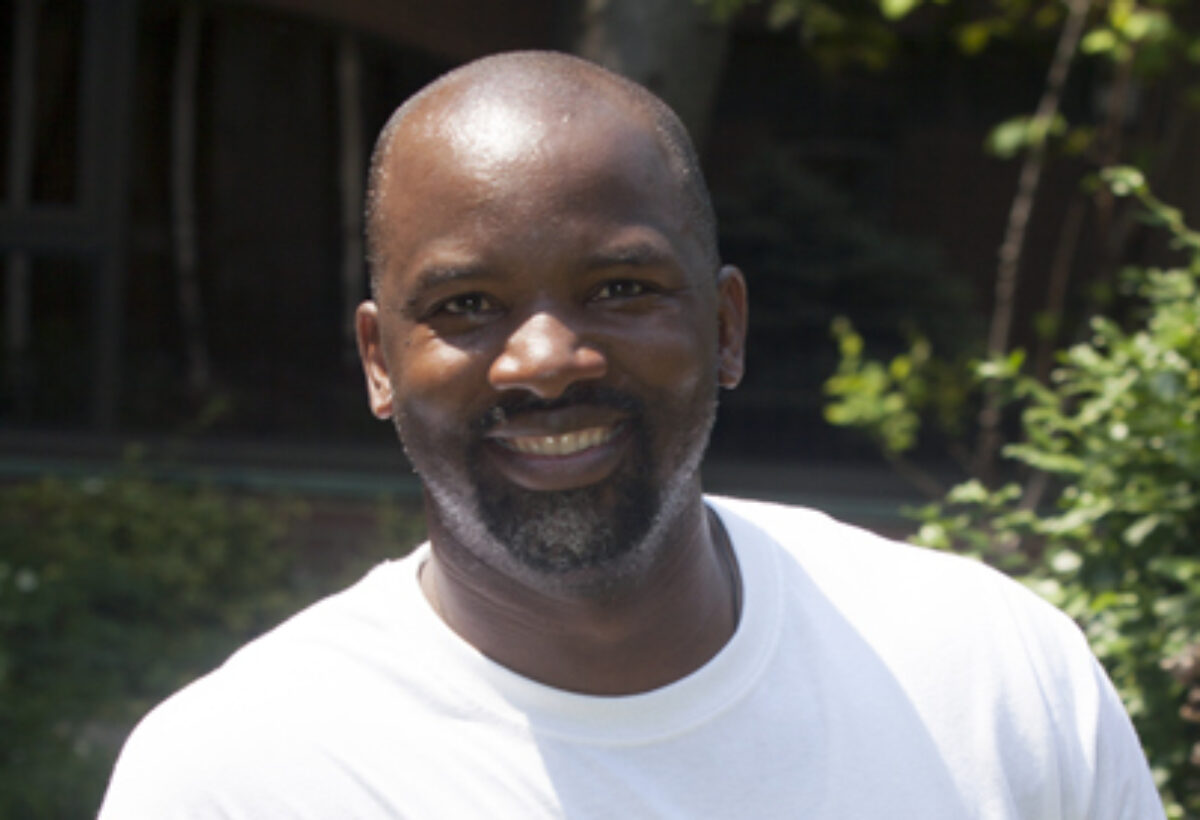Toronto teacher saves student with defibrillator

It was a November morning and physical education teacher Sean had just finished teaching the CPR portion of the ACT High School CPR & Defibrillator Program to his Grade 9 class when a real-life medical emergency called upon him to apply those lifesaving skills that he had just been teaching to his students.
Sean was on his way to get the Automatic External Defibrillator (AED) training units to teach the defibrillator component of the ACT program, when he saw a Grade 12 student collapse while playing basketball in the gym. Sean and his colleagues quickly recognized that the student was in cardiac arrest.
While one teacher started CPR, Sean ran to the school’s main office to call 911 and grabbed the AED. He ran back to the young man’s side, turned on the AED, cut open the student’s shirt and applied the AED pads to the chest. Sean and the other teachers stood back while the AED delivered a shock, and then continued CPR until paramedics arrived. By that time, the student could breathe on his own and squeeze the teachers’ hands.
The young man is very thankful that Sean knew how to react that day. “He was there at the right time. I’m very happy that he knew how to do what he was taught,” says the student. “A lot of people, not only me, are very thankful. My parents, my family, my friends are all thankful for his quick response. ”
He also credits the accessibility of the school’s AED with saving his life. “Honestly, that’s the only reason I’m alive today. It’s amazing to see how it works.”
For Sean, it was a surreal experience, but one for which he was well prepared. “I had just taught it that morning,” he says. “Arriving on the scene, I didn’t really have time to think about it. It’s like a drill—it just becomes a part of what you usually do.”
Students too, he says, should be prepared for situations like these. “If you give students the training, it is great for their self esteem. You don’t want them to feel powerless if they find themselves in this position.”
The ACT High School CPR Program was set up at Silverthorn Collegiate in 1997, thanks to generous community and provincial-level support that enabled the donation of mannequins, teacher training and curriculum resources. The lead community partner in Toronto is the Kiwanis Club of Toronto. Provincial partners of the program are the Government of Ontario, Hydro One, and The Ontario Trillium Foundation. The ACT Foundation added the AED training in June 2010.
ACT’s national health partners supporting the program in Toronto and throughout Canada are: AstraZeneca Canada, Pfizer Canada and Sanofi. They provide ACT’s sustaining funding and are committed to the Foundation’s national goal of promoting health and empowering Canadians to save lives.
The Advanced Coronary Treatment (ACT) Foundation is an award-winning, national charitable organization dedicated to establishing CPR and AED training in high schools across Canada. ACT raises funds to donate mannequins and teacher training to schools, and guides schools in program set-up and long-term sustainability. Over 1.8 million youth have been trained in CPR by their teachers through this lifesaving program to date.
